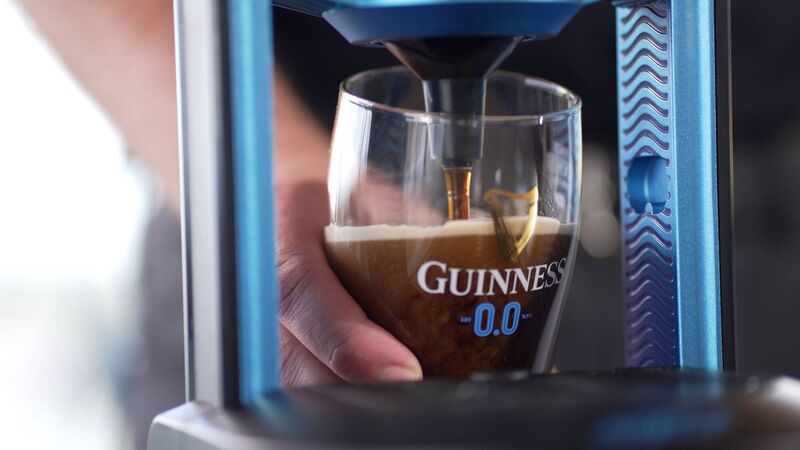Uneven recovery 'means 40,000 fewer jobs in hospitality next year'

The Drinks Industry Group of Ireland said that the estimated jobs count across hospitality next year at 140,000 will compare with the 180,000 people employed before the onset of the pandemic in 2019.
An uneven recovery from the Covid-19 crisis will mean that there will be 40,000 fewer jobs available in the drinks and hospitality industry next year, with parts of the South-West likely to be one of the worst affected regions, a leading drinks industry group has warned.
The Drinks Industry Group of Ireland, which represents big drinks makers such as Diageo, said that the estimated jobs count across hospitality next year at 140,000 will compare with the 180,000 people employed before the onset of the pandemic in 2019, as the economy faces "a two-tier recovery".











